
Many women deal with fatigue, mood swings, and constant colds or infections. The good news is that sometimes the solution is simpler than you think. Small but mighty seeds can make a real difference in how you feel. I have learned that what you eat plays a huge role in hormone balance and immune health. Today, I want to share the seeds every woman should consider adding to her diet for better hormonal health and stronger immunity.
Flaxseeds:
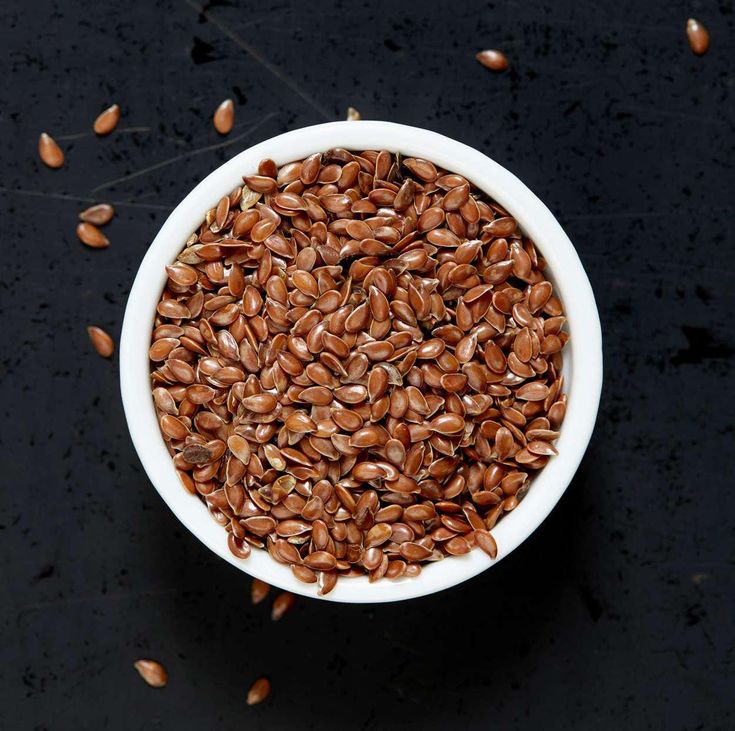
Flaxseeds contain lignans, which are plant compounds that help regulate estrogen levels in your body. When your hormones are balanced, you feel better overall. You experience fewer mood swings, less bloating, and more stable energy throughout the day.
Flaxseeds also contain omega-3 fatty acids that reduce inflammation in your body. This helps your immune system work more efficiently. Add ground flaxseeds to your smoothies, oatmeal, or yogurt. It is important to grind them first so your body can absorb all the nutrients. Aim for one to two tablespoons daily for the best results.
Pumpkin Seeds:
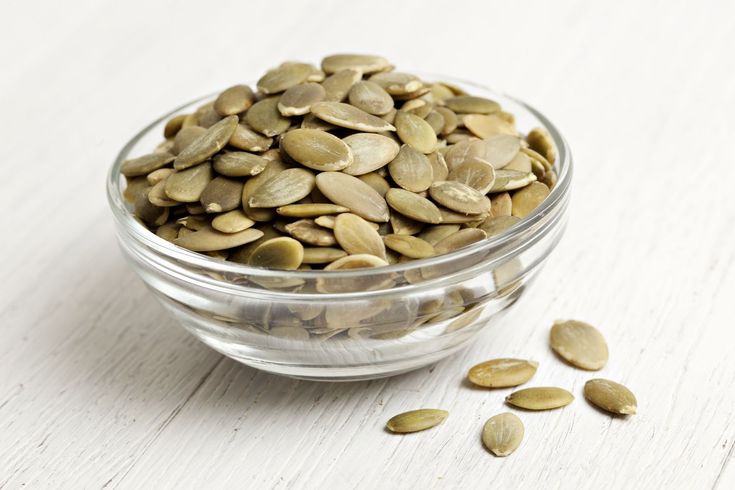
Pumpkin seeds are loaded with magnesium, a mineral that many women are deficient in. Magnesium helps regulate hormone levels and reduces period symptoms like cramps and mood changes. It also supports your immune system by helping your body fight off illness more effectively.
These seeds also contain zinc, which is essential for immune function. A quarter cup of pumpkin seeds provides a significant portion of your daily magnesium needs. Eat them as a snack, sprinkle them on salads, or add them to your meals. They are tasty, convenient, and incredibly nutritious.
Sunflower Seeds:
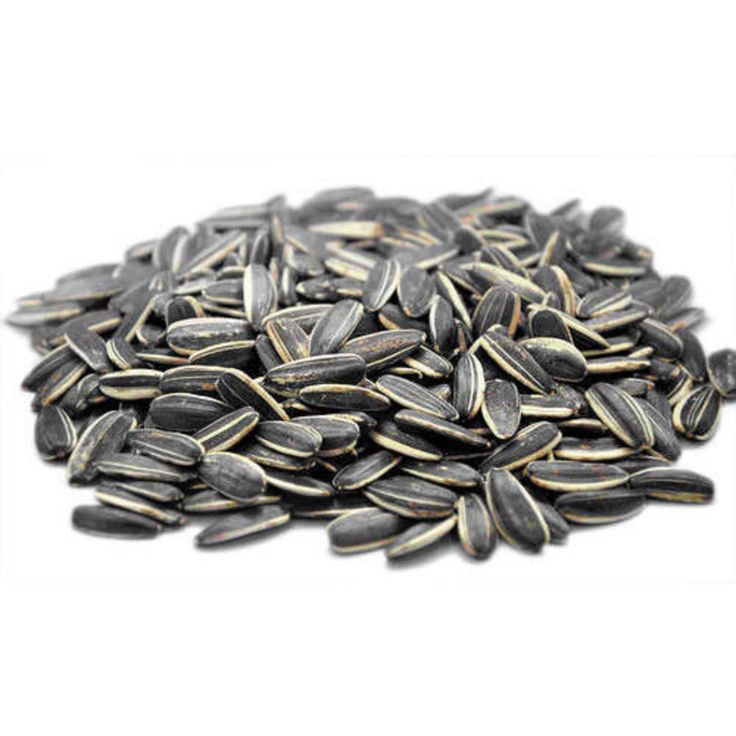
Sunflower seeds are rich in vitamin E, a powerful antioxidant that protects your cells from damage. Vitamin E supports hormonal balance and strengthens your immune system. When your immune system is strong, you get sick less often and recover faster when you do get ill.
Sunflower seeds also contain selenium, another nutrient that supports both hormone health and immune function. Grab a handful as a snack, add them to salads, or blend them into energy balls. They are easy to incorporate into your daily routine.
Sesame Seeds:
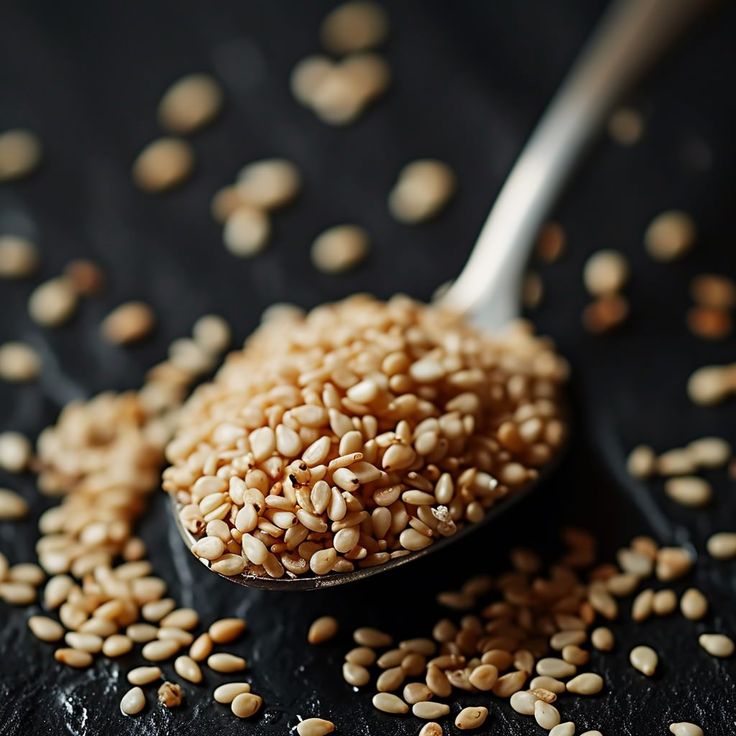
Sesame seeds are small but pack a powerful punch. They contain both lignans and high amounts of calcium, making them excellent for hormone balance and bone health. Women often worry about bone strength as they get older, and sesame seeds help address this concern.
The lignans in sesame seeds, similar to those in flaxseeds, help regulate hormones naturally. Add sesame seeds to your meals by sprinkling them on vegetables, using tahini in recipes, or adding them to stir-fries. Even a small amount provides significant benefits.
Hemp Seeds:
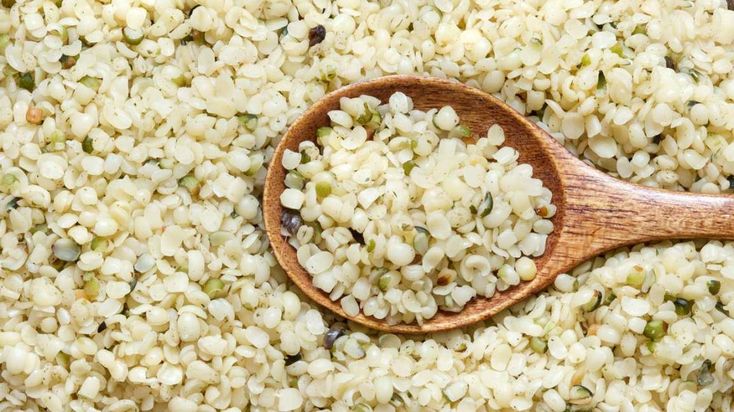
Hemp seeds are one of the few plant-based complete proteins, meaning they contain all nine essential amino acids. Protein is crucial for hormone production and immune function. Without enough protein, your body struggles to produce and regulate hormones effectively.
Hemp seeds also contain the perfect balance of omega-3 and omega-6 fatty acids. This balance is important for reducing inflammation and supporting immune health. Add hemp seeds to smoothies, salads, or sprinkle them on your breakfast. Just three tablespoons provides significant nutritional benefits.
Chia Seeds:
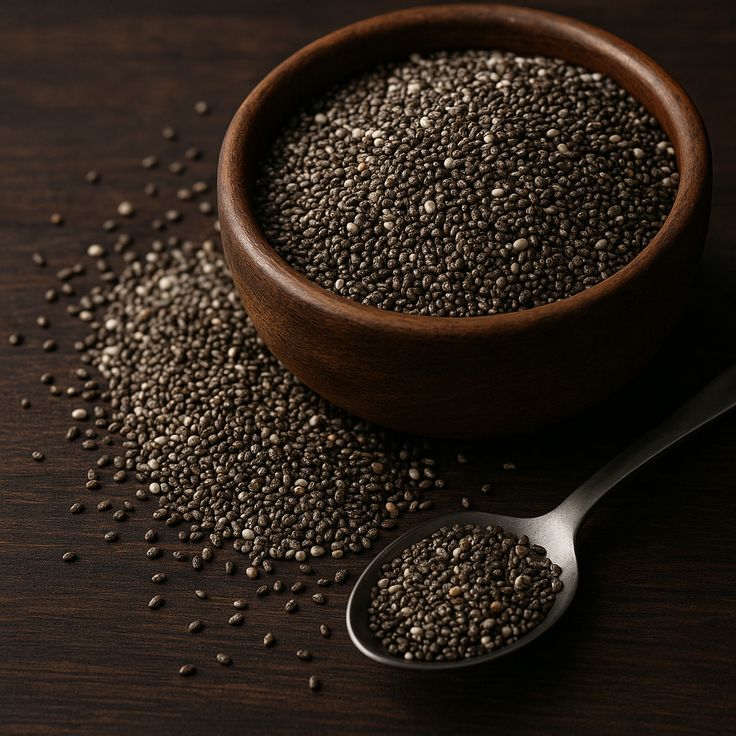
Chia seeds are known for their ability to absorb water and keep you hydrated. Proper hydration is essential for hormone balance and immune function. When you are dehydrated, your body cannot produce hormones efficiently or mount an effective immune response.
Chia seeds also contain lignans and omega-3 fatty acids. They help regulate blood sugar, which directly impacts hormone levels. Mix chia seeds into your drinks, yogurt, or puddings. They have a mild flavor and work well in many dishes.
Cumin Seeds:
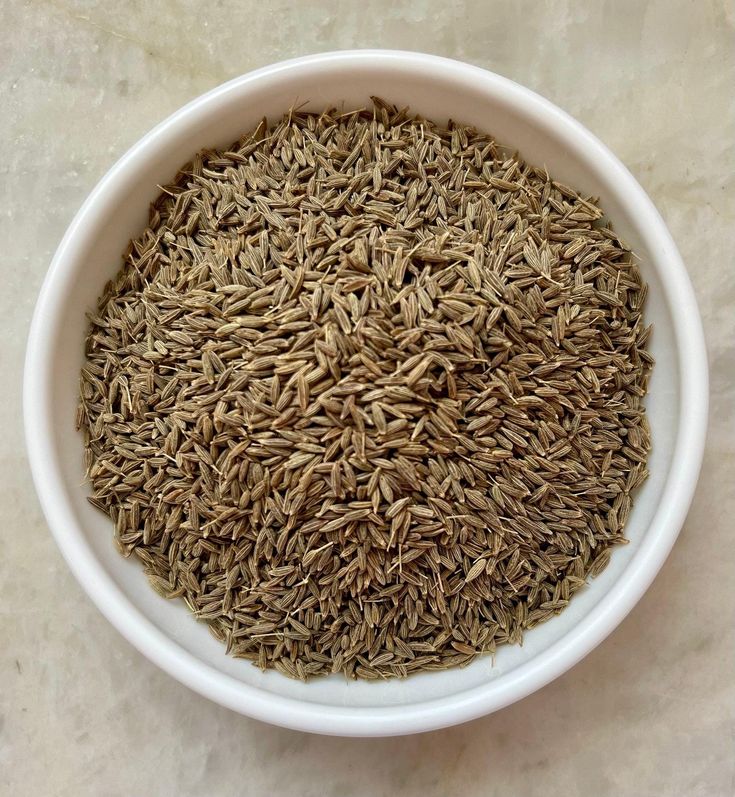
Cumin seeds support digestion, which is surprisingly important for hormone balance. Your gut health directly affects how well your body absorbs nutrients and regulates hormones. Cumin seeds also have antimicrobial properties that boost your immune system.
Use cumin seeds in your cooking, add them to soups, or enjoy them in teas. They are especially common in Indian and Middle Eastern cuisine, so try new recipes to incorporate them.

